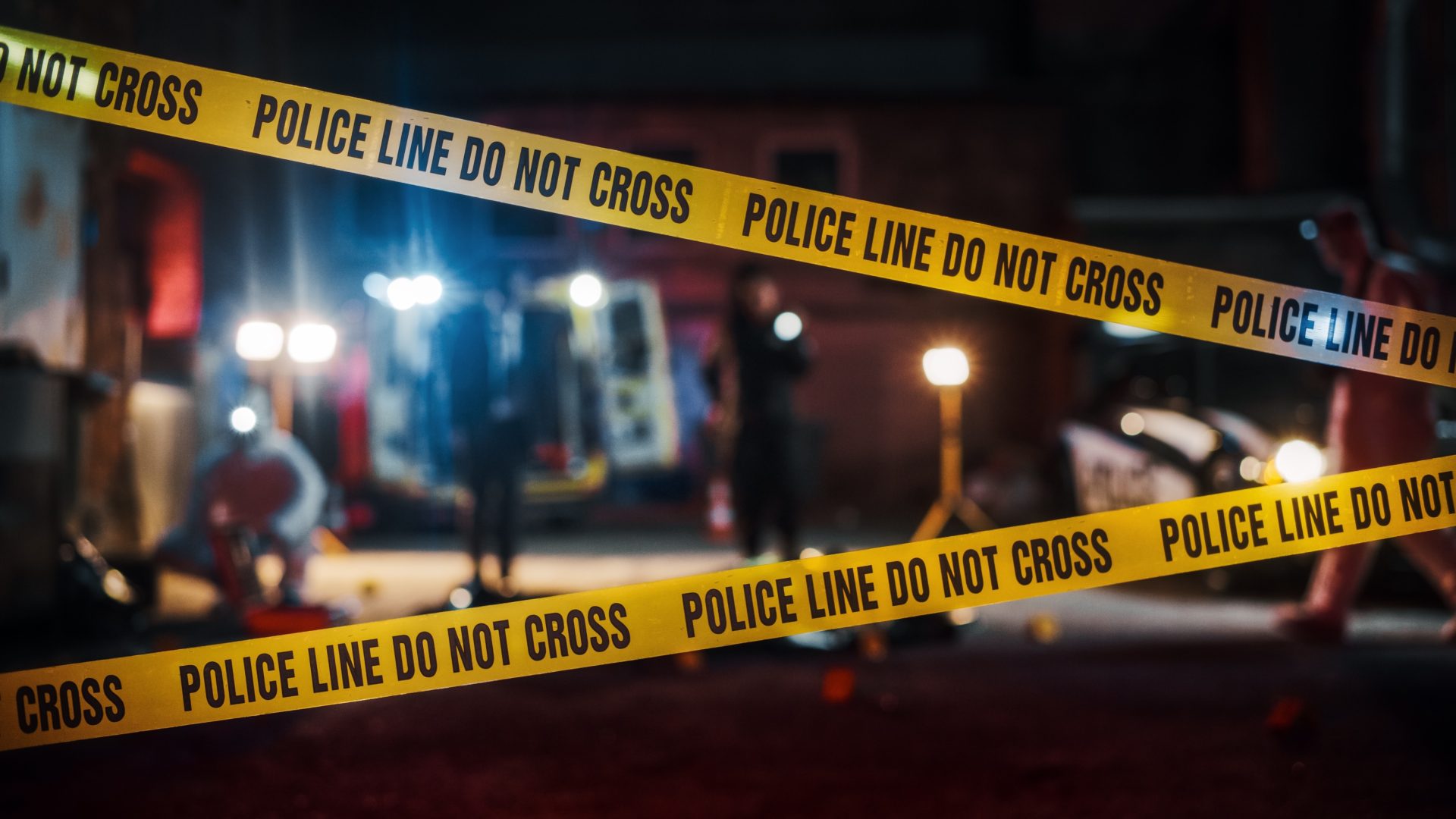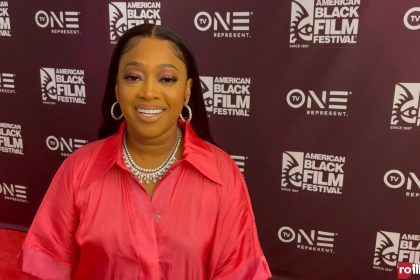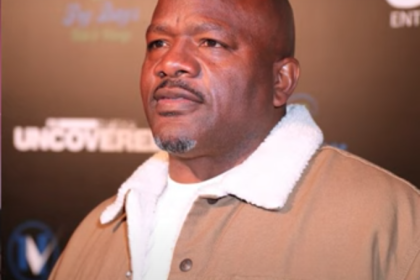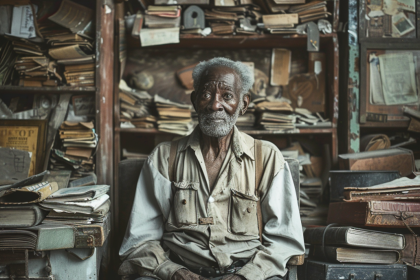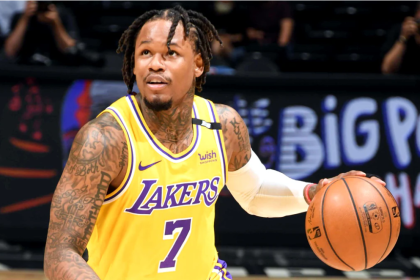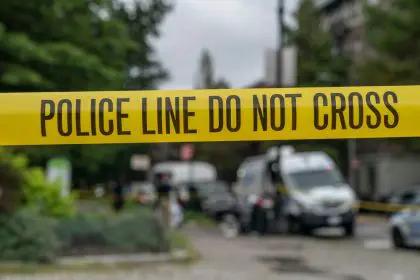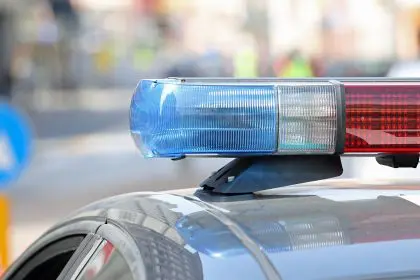The recent shooting of Davis Moturi in Minneapolis has sparked outrage and demands for accountability from local officials and community members. On Oct. 23, 2024, Moturi was shot by his neighbor, John Herbert Sawchak, after enduring months of racist harassment and threats. This incident has raised serious questions about the Minneapolis Police Department’s (MPD) response to repeated calls for help from Moturi and his family.
Background of the incident
Davis Moturi, a 34-year-old homeowner, had made multiple complaints to the police regarding Sawchak’s aggressive behavior, which included vandalism and racist slurs. Since purchasing his home in 2023, Moturi and his wife had contacted the MPD at least 19 times to report Sawchak’s actions. Despite these repeated pleas for assistance, the police failed to take appropriate action, even with three active warrants for Sawchak’s arrest.
On the day of the shooting, Moturi was pruning a tree near his property line when Sawchak shot him in the neck from an upstairs window. The attack left Moturi with severe injuries, including a fractured spine, broken ribs and a concussion. Following the shooting, charges were filed against Sawchak, but he was not arrested until five days later, raising further concerns about the police’s handling of the situation.
Police response and apology
In the aftermath of the shooting, Brian O’Hara, the police chief of Minneapolis, publicly apologized for the department’s failure to protect Moturi. This admission comes on the heels of a Justice Department investigation that found a pattern of discrimination within the MPD against Black Americans.
Community outcry and calls for accountability
The incident has drawn significant attention from local leaders, including Minnesota state Senator Omar Fateh. In a statement posted on social media, Fateh condemned the police’s inaction, emphasizing the racial inequities highlighted by this case. He demanded an independent investigation into the MPD’s handling of Moturi’s complaints and called for accountability for the officers involved.
Fateh’s remarks underscore a growing frustration within the community regarding the police’s failure to act in cases involving Black victims. He pointed out the stark contrast between the MPD’s response to Moturi’s situation and other instances where Black men have been killed by police under different circumstances.
Implications for public safety
The shooting of Moturi raises critical questions about the effectiveness of the Minneapolis Police Department and its commitment to protecting all residents, particularly those from marginalized communities. The failure to respond adequately to Moturi’s complaints not only resulted in a violent attack but also highlighted systemic issues within the police force that need to be addressed.
As the community grapples with the aftermath of this tragic event, there is a pressing need for reform within the MPD. Advocates are calling for changes to ensure that all residents feel safe and protected, regardless of their race or background. The demand for an independent investigation into the MPD’s actions is a crucial step toward accountability and justice for Moturi and others who have faced similar injustices.

